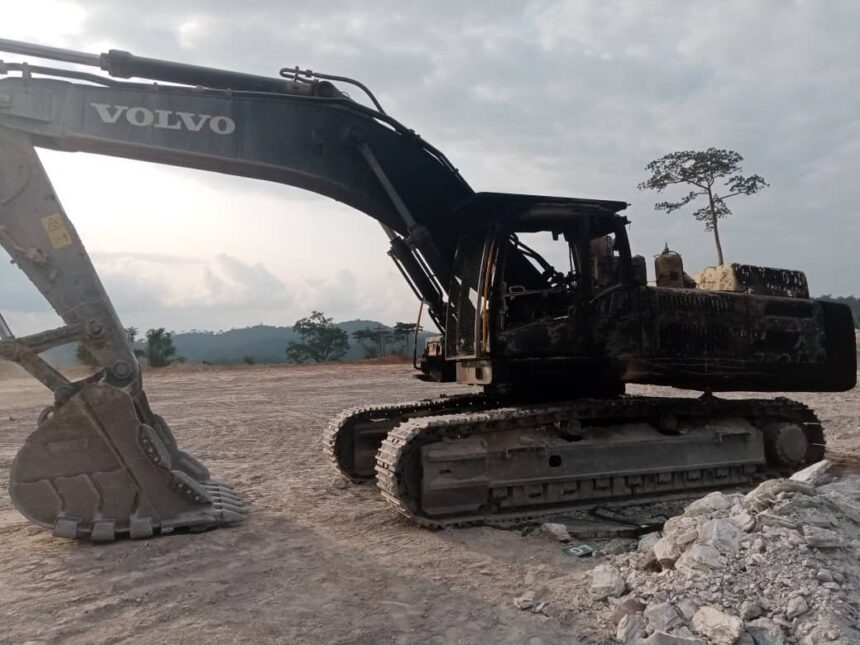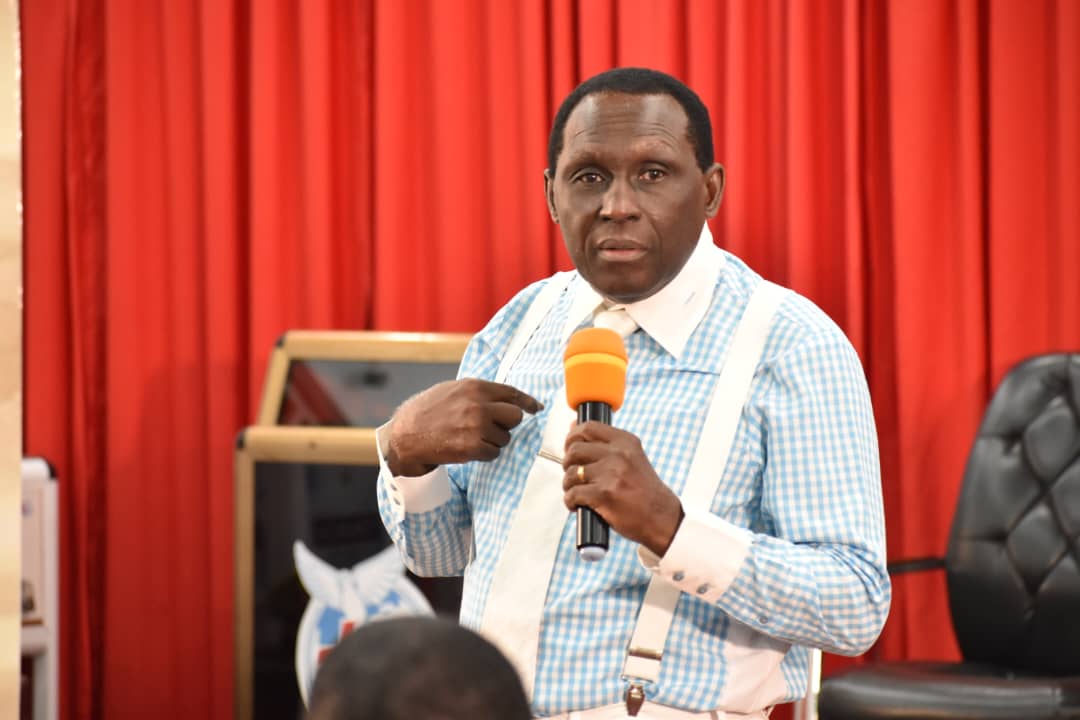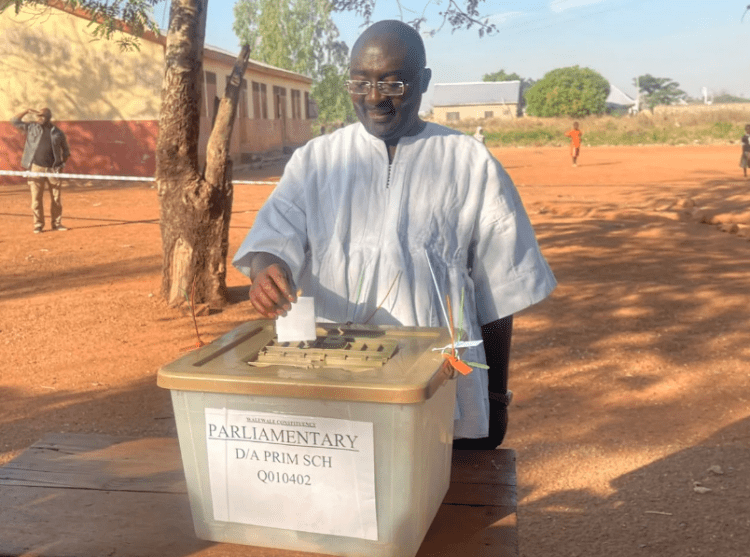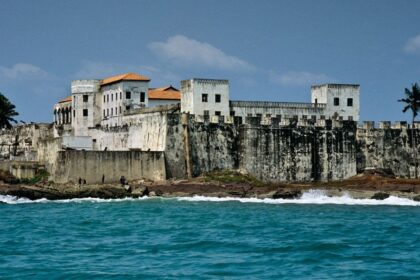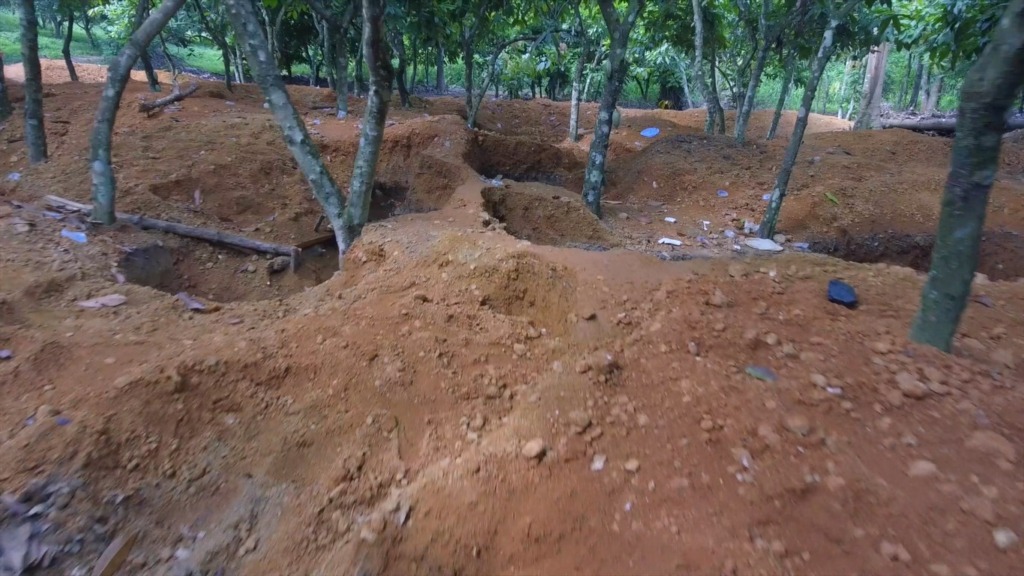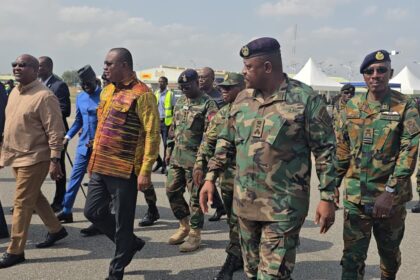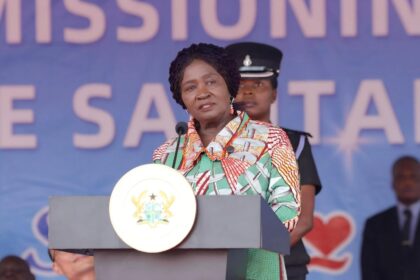Rabotec Ghana Limited, a licensed mining services provider, has incurred damages estimated at over $28 million following a violent attack on its site by irate youth in Mpatuam, in the Amansie West District of the Ashanti Region.
The assault, which occurred amid ongoing clashes between military personnel and illegal miners, led to the destruction of 13 pieces of heavy-duty equipment—including excavators, bulldozers, tipper trucks—as well as four lighting plants and numerous essential tools.
The extensive damage was discovered during a site inspection on Wednesday, September 10, 2025, after the attackers reportedly set fire to Rabotec’s facility during unrest linked to concessions operated by Asanko Gold Mines.
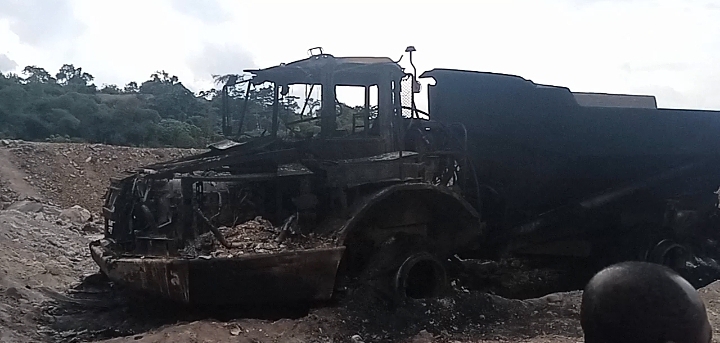
Rabotec has strongly emphasized that it had no involvement in the military operation that triggered the clashes. The company has since lodged an official complaint with authorities and has pledged full cooperation with investigations.
Officials from the Minerals Commission and the Ghana Police Service have visited the scene to assess the extent of the destruction.
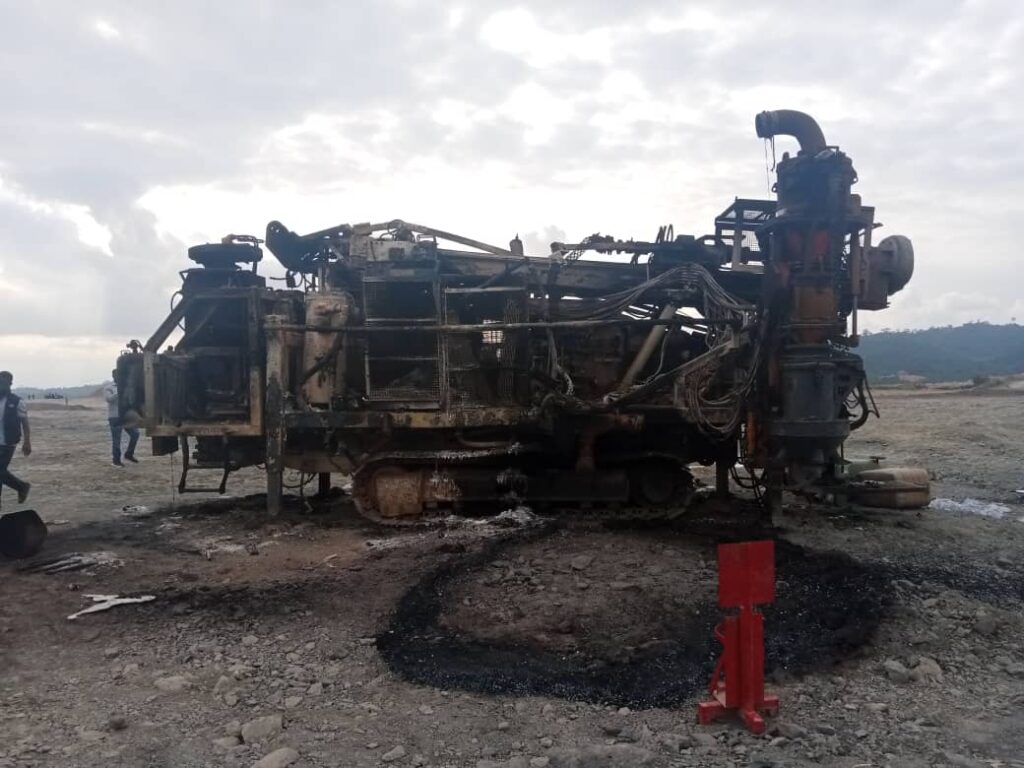
Collateral Victim in a Broader Conflict
The attack on Rabotec underscores the growing risk that uninvolved third-party firms face due to unresolved tensions in Ghana’s mining sector. Though Rabotec was not part of the conflict between the military and illegal miners, it has now become a collateral casualty, facing operational paralysis and major financial loss.
Background to the Unrest
The violent clashes in Mpatuam erupted over disputes surrounding mining concessions reportedly held by Asanko Gold Mines. The confrontations led to the deaths of two individuals:
- Samson Danquah, Assembly Member for Aboabo Tetekaaso
- Akwasi Bonsu, a 50-year-old miner
Their deaths have drawn sharp criticism from community leaders, who are demanding accountability and swift government intervention.
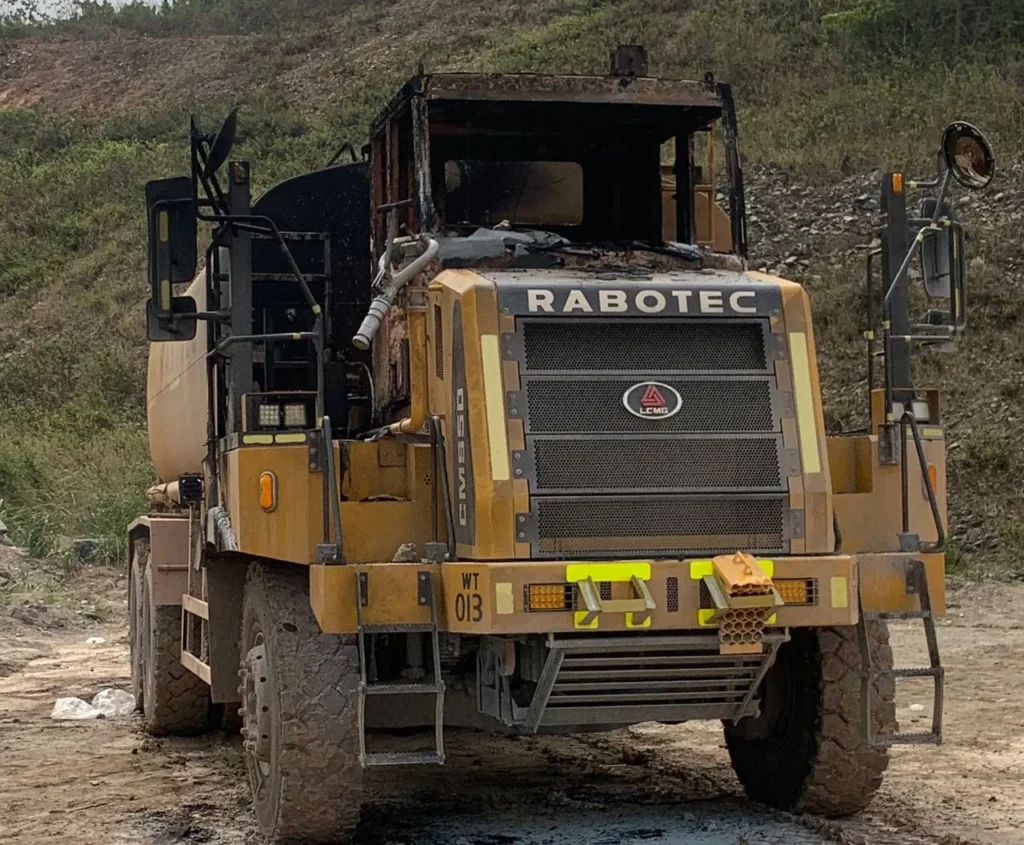
Call for Government Action
This latest incident adds to growing pressure on the government to stabilize the volatile mining areas, protect lives and property, and ensure a clear demarcation of mining rights to prevent future clashes.
Stakeholders are calling for a comprehensive conflict resolution strategy, one that involves mining companies, traditional authorities, community members, and state security forces.




